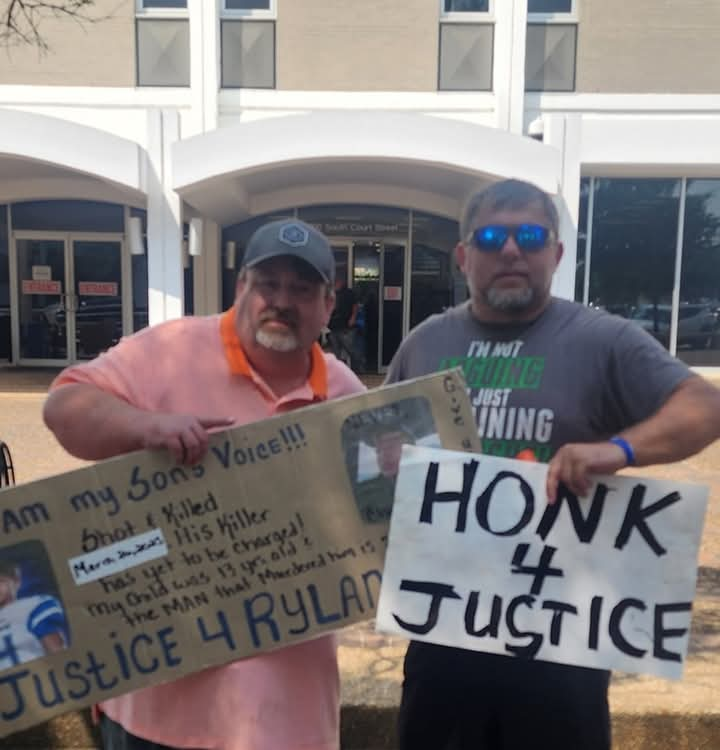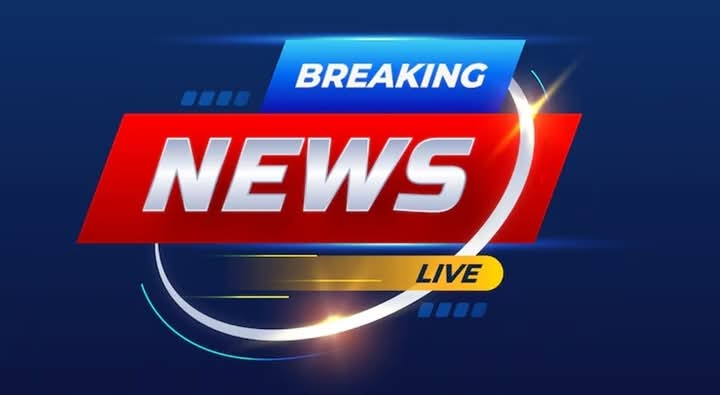David Hogg Accused of Using DNC Resources to Fund Personal PAC
The New York Post recently uncovered allegations that David Hogg, Vice Chair of the Democratic National Committee (DNC), has been utilizing party resources to solicit donations for a Political Action Committee (PAC) under his control. Hogg, a prominent activist known for his controversial stances on issues such as reparations for undocumented immigrants and the abolition of police departments, is now facing scrutiny over the ethical implications of his actions. According to the report, the PAC not only receives funds through DNC channels but also allocates a portion of its resources to compensate Hogg personally.
This revelation has sparked a wave of criticism, with many questioning the transparency and integrity of Hogg’s financial practices. Critics argue that leveraging DNC resources for personal gain undermines the trust of donors and the public. The allegations suggest a potential conflict of interest, as Hogg’s dual roles as a DNC leader and a PAC operator could blur the lines between party priorities and personal agendas. Such practices, if proven true, could have far-reaching consequences for both Hogg’s reputation and the DNC’s credibility.
Supporters of Hogg, however, have come to his defense, emphasizing his long-standing commitment to progressive causes. They argue that the PAC’s activities align with broader Democratic goals, such as advocating for social justice and systemic reform. Nevertheless, the controversy raises important questions about the ethical boundaries of political fundraising and the responsibilities of party leaders. Even among allies, there is a growing call for greater accountability and clearer guidelines to prevent similar situations in the future.
The broader implications of this scandal extend beyond Hogg’s individual actions. It highlights the often-opaque nature of political financing and the challenges of maintaining transparency in a system where money and influence are closely intertwined. For the DNC, this incident serves as a reminder of the need to enforce stricter oversight mechanisms to ensure that party resources are used solely for their intended purposes. Failure to address these concerns could erode public confidence in the political process and hinder efforts to promote meaningful change.
As the story continues to unfold, all eyes are on how the DNC and Hogg himself will respond to these allegations. Will there be a thorough investigation into the use of party resources? Can Hogg reconcile his personal ambitions with his role as a public figure? These questions remain unanswered, but one thing is clear: the intersection of politics, money, and ethics is as contentious as ever, and this controversy is a stark reminder of the need for vigilance in holding leaders accountable.






